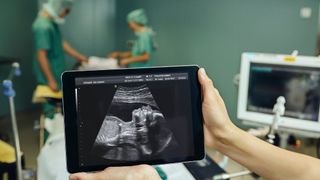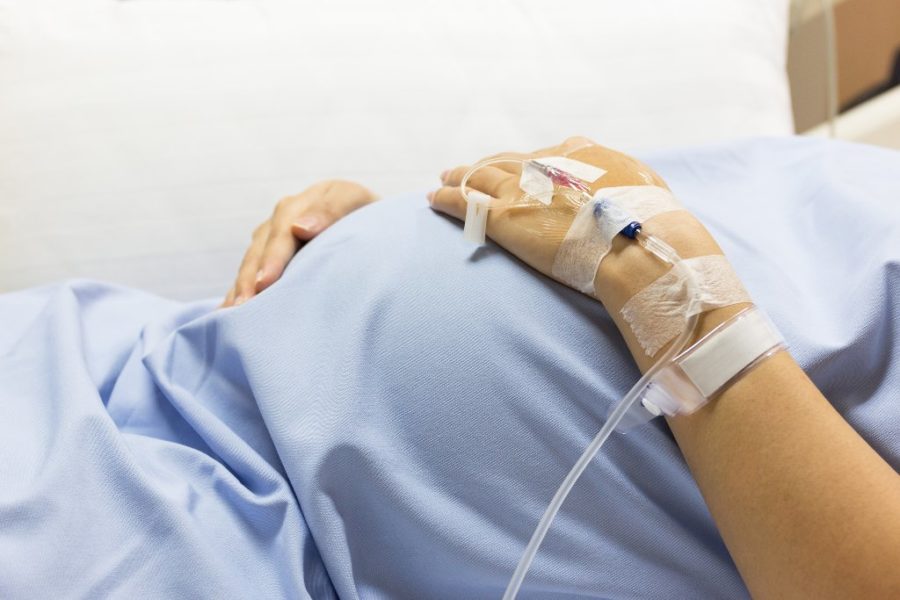Mother rejoices after her baby’s successful spina bifida surgery in the womb.
“Since being born six weeks ago, the child is healthy and developing well, according to a statement from the Great Ormond Street Hospital (GOSH) for Children in London.“
The following written content by Nicoletta Lanese

A baby underwent surgery in the womb for spina bifida, and since being born six weeks ago, the child is healthy and developing well, according to a statement from the Great Ormond Street Hospital (GOSH) for Children in London.
Spina bifida occurs when the so-called neural tube, a hollow structure that begins forming around the third week of pregnancy, does not develop properly and essentially ends up with a hole in it, according to the Centers for Disease Control and Prevention (CDC). The neural tube later gives rise to the baby’s brain and spinal cord, so a hole in the structure can cause mild to severe nerve damage and result in physical and intellectual disabilities.

Helena, a mother in the U.K., learned her developing baby had spina bifida during her 20th week of pregnancy, according to the statement.
“It was a very large lesion on her back and half of her spine was exposed,” Helena told BBC News. “They said that it was likely she will be paralyzed, incontinent and will need a shunt to drain the fluid from her brain later on.”
Thankfully, in 2011, a landmark clinical trial showed that operating on babies in the womb could spare them from some of the harmful effects of spina bifida, Live Science previously reported. Compared with babies with spina bifida who received surgery after birth, those operated on in the womb were twice as likely to walk without assistance by the age of 2 and developed fewer neurological problems.
The open fetal surgery does carry some risks, as it somewhat raises the risk of premature birth and requires mothers to deliver via C-section, or else risk rupturing the uterus, according to Live Science.
“The procedure is complex, time-sensitive and not without its risks, but the significant and life-changing impact on babies … and their families, cannot be overstated,” Dr. Dominic Thompson, lead neurosurgeon at GOSH, said in the statement. “This makes all the difference to the quality of their lives.” Read more from Live Science.





